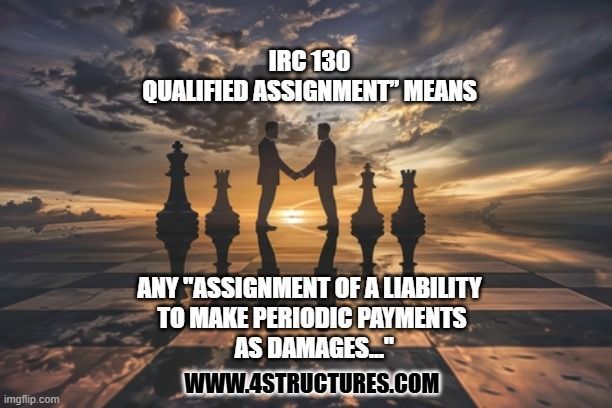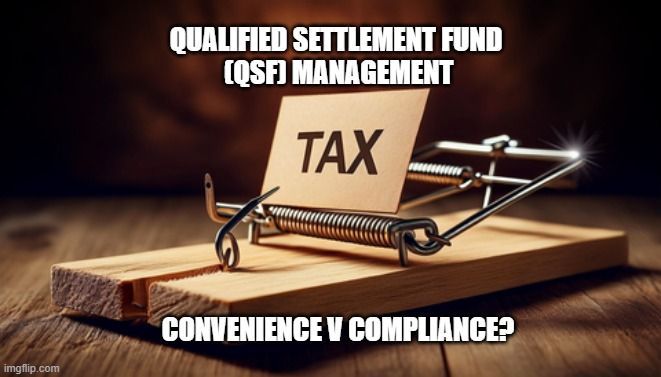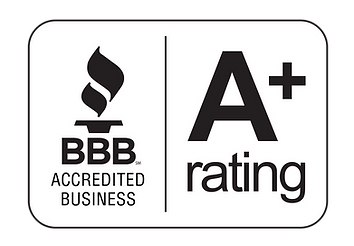The treatment of attorneys fees paid in connection with settlement of lawsuits or claims for sexual harassment or sexual abuse has been in need of clarification since the moment the recent Tax Cuts and Jobs Act has been enacted. Here's what it says:
PL 115-97 SEC. 13307. DENIAL OF DEDUCTION FOR SETTLEMENTS
SUBJECT TO NONDISCLOSURE AGREEMENTS
PAID IN CONNECTION WITH SEXUAL HARASSMENT OR SEXUAL ABUSE.
(q) PAYMENTS RELATED TO SEXUAL HARASSMENT AND SEXUAL ABUSE.—No deduction shall be allowed under this chapter for—
- any settlement or payment related to sexual harassment or sexual abuse if such settlement or payment is subject to a nondisclosure agreement, or
- attorney’s fees related to such a settlement or payment.
Apparent Tie to Non Disclosure Agreement? But...
At first glance it appears that the disallowance is tied to the use of a Nondisclosure Agreement, but it begs the question what about the deduction of attorney’s fees that don’t involve an NDA? One could argue that the Conference Committee Report suggests that the disallowance applies if such payments for sexual harassment or sexual abuse only if there is an NDA, but it is not clear since the disallowance for attorney’s fees is tied to part 2 “such settlement or payment”. It could be that all attorney’s fees related to a settlement or payment for sexual harassment or sexual abuse are disallowed.
Clarity Needed For Plaintiff Tax Treatment
Clearly the defendant’s attorney’s fees are disallowed, but what about the plaintiff’s expense if there is an NDA? If there is no exclusion for the plaintiff because the settlement was not on account of physical injuries or sickness [per I
RC 104(a)(2)
], the plaintiff may be disallowed the deduction of any attorney’s fees since the provision does not explicitly refer only to defendant's /payor’s attorney’s fees. While this may not be the intent of the Tax Cut and Jobs Act, it may be a likely and highly negative impact on victims of sexual harassment/sexual abuse. This would result in the plaintiff paying tax on 100 percent of a settlement while up to 40 percent is paid to the attorney, not to mention the attorney's costs. Until there is a statutory change to this provision or IRS guidance to the contrary, the loss of the plaintiff’s deduction could complicate settlement negotiations.
Retroactive Amendment Sought in S.2820
Senate Bill 2820 introduced by Senator Robert Menendez (D-NJ) proposes that Section 162(q)(2) of the Internal Revenue Code of 1986 is amended by inserting ‘‘in the case of the taxpayer for whom a deduction is disallowed by reason of paragraph (1),’’ before ‘‘attorney’s fees’’. The bill was introduced May 10, 2018 and seeks an effective date of the day of enactment of the Tax Cut and Jobs Act.
What We Do
4structures.com LLC's
John Darer
®is a Certified Financial Transitionist®, with a process and tools when working with people in transition and offers tax efficient solutions to help resolve sexual harassment lawsuits
Resources
















